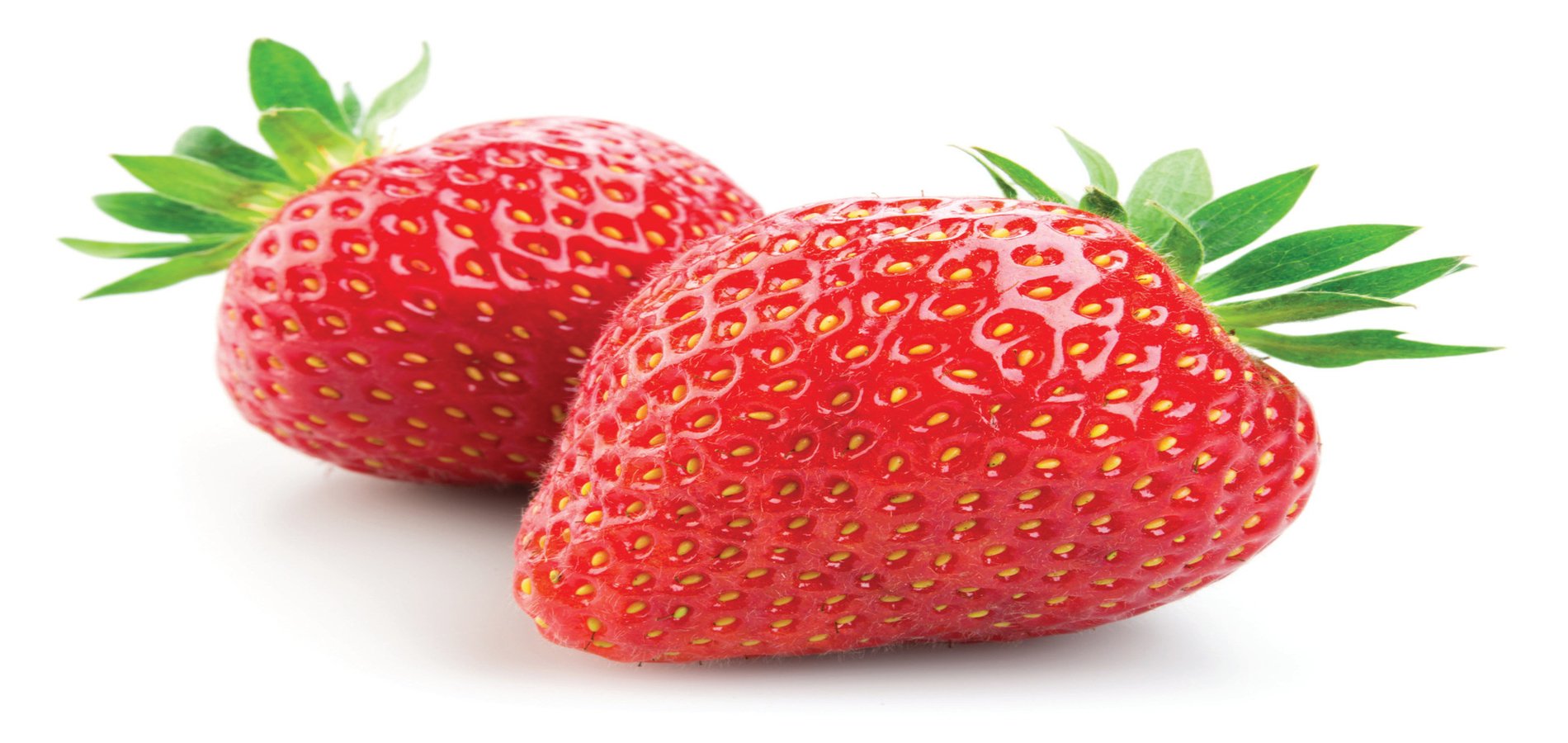The Dorsal View- a round-up of medical news and oddities from left filed by Dr Doug Witherspoon
It can be interpreted as a good or a bad sign that ‘coronavirus burnout’ or ‘pandemic fatigue’ are things that people now have to deal with. With the pandemic showing little sign of slowing down, the general public is bouncing between different levels of caution and alarm. There is only a certain amount of this that people can tolerate before they experience ‘coronavirus burnout’, as pointed out by psychologists recently in Johns Hopkins Medicine, and begin to engage in risky behaviour as a form of rebellion.
Therefore, in the interests of not adding to this phenomenon, I will break this instalment of The Dorsal View up to hopefully provide a little distraction. So, by way of immediate digression: Do you work with somebody whom you consider to be easily offended? In other words, a ‘strawberry’ — a little soft and easily bruised? If so, they may be among the least productive of your colleagues, according to a recent study by a professor at San Diego State University in the US.
Prof Jeremy Berneth surveyed almost 400 employees with an average age of 25 years in seven US colleges about a number of different events that received media coverage and consisted of “17 items developed to assess the
proclivity to be offended, eight moral outrage items, 11 microagression items, and nine political correctness items”.
The results could show that some respondents have a substantial “proclivity to be offended (PTBO)”, described as “a state-like tendency to be sensitive to customarily innocuous societal events and traditions”. Among these included the playing of the US national anthem, as people with PTBO have a “tendency to view an array of events and/or traditions as offensive” and “are likely to feel that social events or traditions to which they take offense also violate moral or equitable standards”.
The authors say they also found that, in a nutshell, those who are easily offended by what were previously everyday events are less productive because they spend a significant proportion of their time complaining. “The person offended by everyday occurrences diverts important and limited cognitive resources away from the client (and potential sale) towards a task-irrelevant stimuli,” wrote the authors.
They concluded: “PTBO negatively correlated with task performance and positively correlated with counterproductive work behaviours, suggesting not only that these individuals engage in fewer citizenship behaviours, but also engage in behaviours managers and organisations want their employees to avoid.” The study was published in the Journal of Business Research, in case you feel the urge to check it out.
Meanwhile, taking a break from bombarding near-earth orbits with satellites and sending Teslas into space, Elon Musk has demonstrated his new pet project, Neuralink, which is a microchip designed to be inserted into the brain. Among other applications, Musk says it has the potential to ‘cure’ depression.
Those other applications include the potential ability to control smartphones and computers by connecting brain signals to a bluetooth receiver worn as an earpiece. The chip apparently functions well in pigs, where it has been stitched into their brains by a “sewing machine-like robot”.
Describing it as something akin to “a Fitbit in your skull”, Musk said: “It goes flush on your skull. I could have a link right now and you wouldn’t know. Maybe I do.”
He continued: “Getting a link requires opening a piece of skull, removing a coin size piece of skull, [the] robot inserts electrodes and the device replaces the portion of skull that is closed-up with super glue.” He claims that someday, such a device could ‘re-train’ the brain and potentially cure brain damage, memory loss, and seizures.
While he says it will be ready for humans in approximately one year, it will take 25 years to fully develop the chip and it will eventually allow people to communicate without speaking. “The future is going to be weird… in the future, you will be able to save and replay memories.
“You could basically store your memories as a backup and restore the memories. You could potentially download them into a new body or into a robot body.”
Now, I haven’t quite figured out whether Musk is a benevolent genius, mad scientist, or evil mastermind, but if you’re feeling adventurous, he’s currently looking for human volunteers.













Leave a Reply
You must be logged in to post a comment.